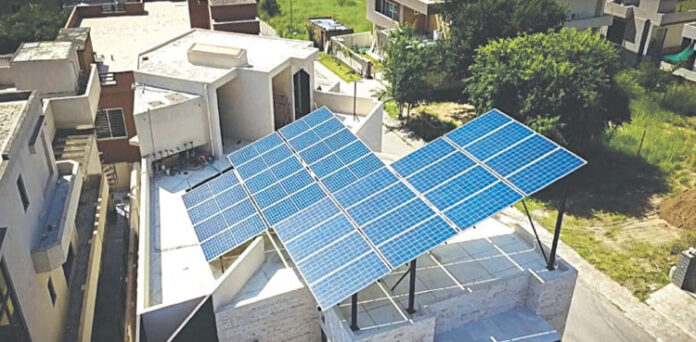Muslims around the world observe fasting from sunrise to dusk during Ramadan, which is the ninth month of the Islamic calendar. One of the Five Pillars of Islam, and a fundamental aspect of the Islamic faith, is fasting during Ramadan. Muslims refrain from consuming any food, liquids, or other necessities during the day and break their fast with an iftar meal.

While Ramadan fasting is largely practised for religious reasons, many individuals are curious as to whether it can aid in weight loss. In this post, we’ll examine the pros and cons of Ramadan fasting as well as if it can help you lose weight.
What is fasting in Ramadan?
Muslims refrain from eating, drinking, smoking, and engaging in sexual behaviour from dawn to dusk throughout Ramadan. Abstaining from actions or thoughts that can be construed as sinful is also included in the practise of fasting, which is not just restricted to food and drink.
Suhoor, the meal eaten before dawn, and iftar, the meal eaten to break the fast after dusk, are both known in Islam. To break their fast, folks typically eat a few dates and drink some water or milk before eating a substantial meal. During Ramadan, it’s typical for friends and family to get together and eat together.
Can you lose weight during Ramadan’s fast?
Some people may lose weight after the Ramadan fast. Body weight can fall as a result of calorie restriction and reduced food intake. Yet, depending on a number of variables, weight reduction rates can differ from person to person.
Moreover, changing one’s dietary habits while fasting throughout Ramadan is possible. It’s possible that people will choose their food more carefully, eat less, and stop snacking in between meals. Weight loss may also be aided by these modifications to eating behaviours.
It is important to remember, though, that losing weight while fasting during Ramadan might not be long-term maintainable. Some can resume their usual eating patterns when Ramadan is ended, which could result in weight increase.
Perks of fasting during Ramadan
Ramadan fasting has a number of potential advantages besides weight loss. On average health and wellbeing, Ramadan fasting is thought to be beneficial. Ramadan fasting may have several advantages, such as:
Fasting throughout Ramadan can increase insulin sensitivity, which is advantageous for those who have diabetes.
Fasting has been demonstrated to lower inflammation in the body, which has been connected to a number of chronic conditions.
Better blood lipid levels and decreased risk of heart disease have been related to Ramadan fasting.
Benefits on the spiritual plane: Ramadan fasting is a crucial component of the Islamic faith and is thought to improve self-control, empathy, and compassion.
Conclusion
Some people may experience weight loss during Ramadan, mostly as a result of a calorie deficit and dietary modifications. Yet, weight loss when fasting during Ramadan might not be long-lasting in







